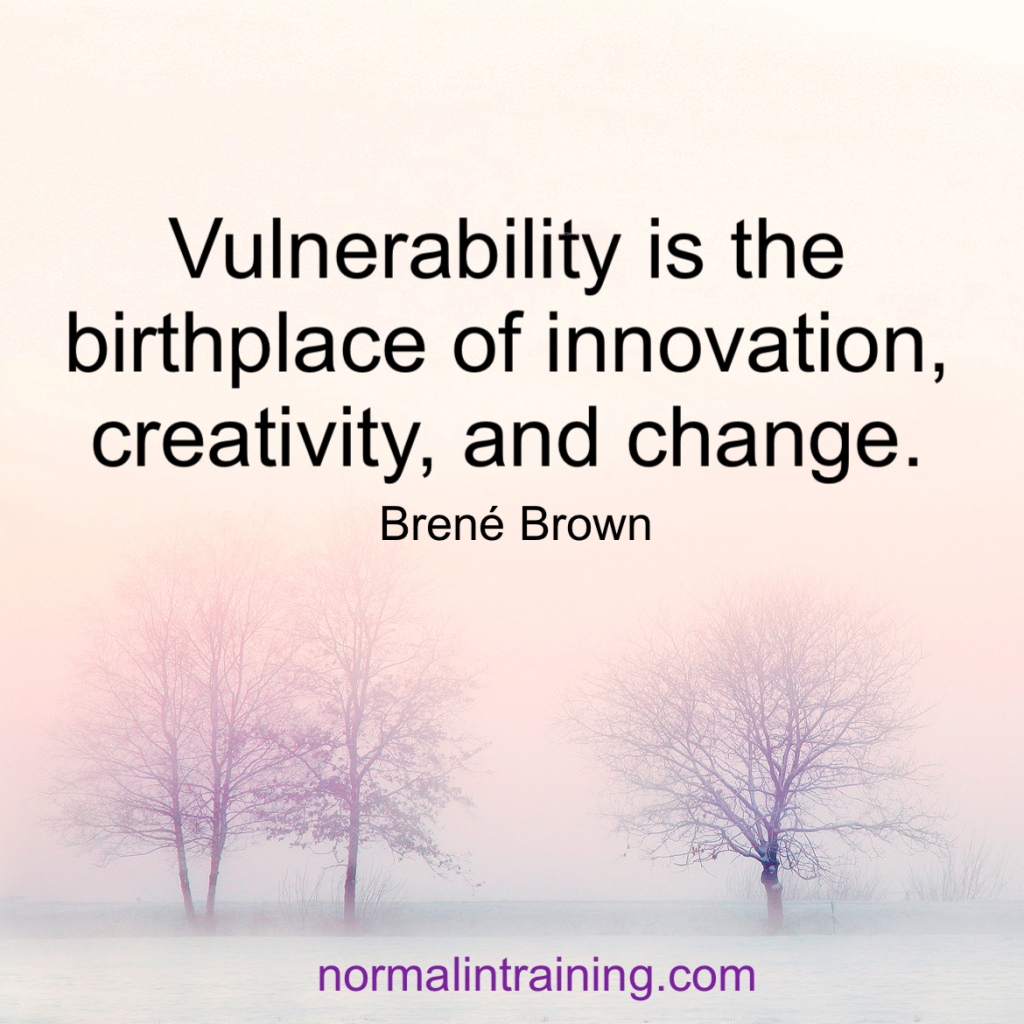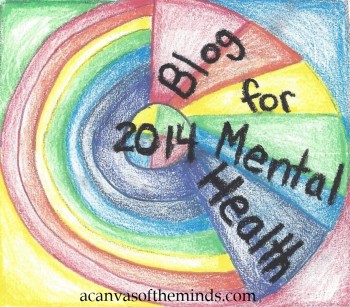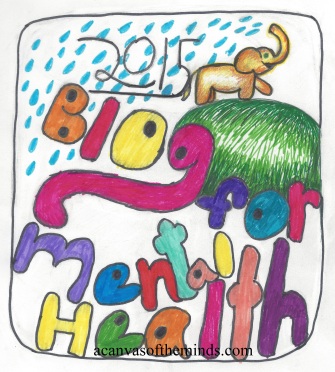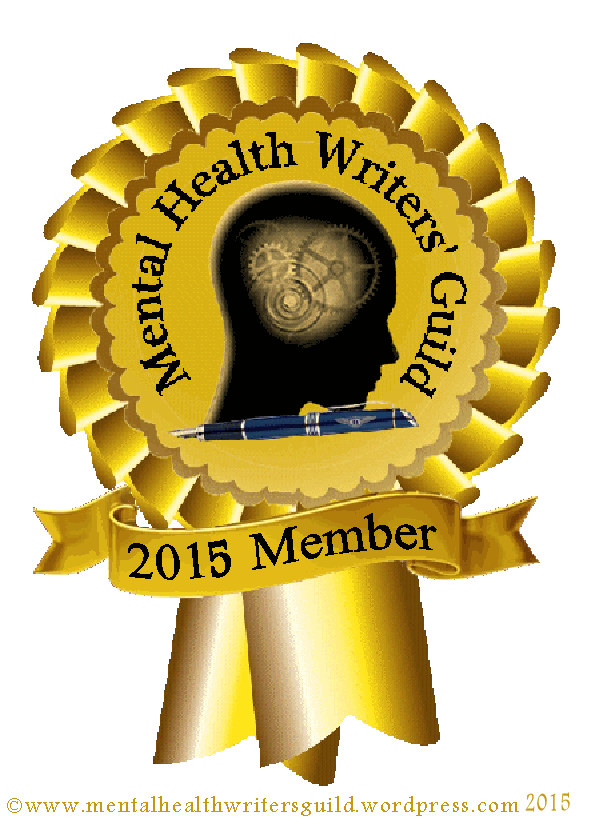So I had been on a pretty steady writing roll at the beginning of the year, publishing about a post a week, when something unfortunate happened. My psychiatrist thought that my antidepressant wasn’t working so she recommended that I taper off of it. She thought the problem was that I have PTSD and should do some trauma-based therapy instead.
My therapist didn’t think it was a good idea to taper off my meds while depressed without adding anything, and she did not think trauma-based therapy would be helpful at this time. I completely agreed with her. I’m not used to having my providers be on different pages. She and my previous psychiatrist used to work closely together and often gave each other updates. I try to do what my doctors tell me to do but I was at a loss as to how to do so in this case. So I listened to my psychiatrist about the meds and went down on my dose, and I listened to my therapist about the therapy and did not start trauma-based treatment.
Guess what happened? My therapist was right about both things. She has known me for over 20 years, whereas my psychiatrist has known me less than a year. My therapist also has more than 40 years of clinical experience, and my psychiatrist is at the beginning of her career. So really I should have just listened to my therapist from the get go. I don’t really know why I didn’t. It was a costly error in judgment because I got severely depressed and anxious a few weeks after lowering my meds.
In a previous post, 50 Shades of Blue, I talked about how there are a lot of different flavors of depression. When my psychiatrist thought my meds weren’t controlling my depression in March I was still highly functional and I didn’t think it was that bad, relatively speaking. Maybe a light to medium blue. At the lowest point of this depressive episode in April I would describe it as an inky blue-black. Things got better for a little while in June but then by July my depression was more of a cold grayish blue.
What really sucks about going off of your meds is that simply going back up on them doesn’t correct the problem. Sort of like how it takes months to lose weight but just a few weeks to gain it all back. So for the past 5 months I have led a fairly marginal existence, mainly saving up my energy for my clients and working on self-care. I would try to get a little exercise, some sunlight, meditate and pray, eat, see my family. I even started playing pickleball, because it’s easier on my body than tennis, and I could have some social interaction, since I don’t have friends here yet. But I could not get myself to write. Could not blog, write in my journal, or even jot down writing ideas in my Notes app.
But here’s the good news. A week and a half ago I suddenly decided that it was time to write my book, and I knew this meant I was finally getting better. If you’ve been with me since the birth of my blog, which was almost 9 years ago, you know that the purpose of this whole endeavor was to get me to write a book. And now that this goal feels like my destiny again I finally feel alive, fully like myself again. I write in my journal. I read books on writing books. I jot down lots of ideas for posts and chapters. I’m blogging at this very moment. There are interesting ideas in my brain other than worrying about my lack of funds and when I’m going to start my new job. I feel joy and excitement rather than feeling empty and dead inside. I finally feel awake.
I’m sharing this with all of you because if it weren’t for you, dear readers, I would have never been ready to write my book. I would have never known whether or not what I had to say was interesting or funny or meaningful or relatable. I wouldn’t have felt the joy of having someone tell me that sometimes they feel the exact same way and it gave them comfort to know that they’re not alone. I wouldn’t have received the encouragement to write the book that many of you have given me. I’m going to continue to rely on you for support as I go through this process. In fact, in next post I’m going to ask you a favor, so I hope you’ll participate.














